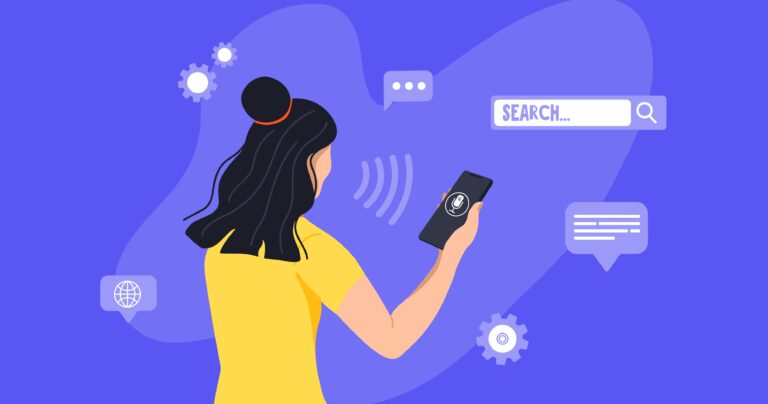Cannabis, THC, and CBD: Everything You Need to Know
In today’s landscape, cannabis has evolved as one of the most beneficial plants. It has medical and recreational benefits and increased demand in the industry. In old times, people thought of cannabis as a wrong and immoral substance; therefore, its use was condemned.
With advanced scientific research, cannabis thrived in the US market. Rather than relying on drug-based medicines, people prefer using cannabis based products to treat their conditions.
Cannabis contains many compounds; THC and CBD are the most popular among them. One can get their benefits through various edibles, even a health-conscious person can try sugar free thc gummies. In this blog, we understand what cannabis is, how THC and CBD work, the difference between them, their benefits, potential risks, and their scope in the future.
What is Cannabis?
Cannabis refers to a plant called cannabis sativa. This plant is a flowering plant and offers many benefits, most known among which are recreational and medical. When the flowers are harvested and dried, they produce a powder-like substance called weed. It consists of two components, THC and CBD. Both interact with receptors of the human body and produce effects such as relaxation, calmness, stress, and anxiety relief. There are many ways to consume cannabis, the most loved one is edible, which can be gummies or liquids.
Understanding THC (Tetrahydrocannabinol)
People misinterpret cannabis with THC. Where cannabis is a plant, THC is a component found in it, known for producing high-intensity effects. Also referred to as Tetrahydrocannabinol, THC binds with brain receptors and alters neurotransmitter release, affecting mood, memory, and perception. If you want to experience the benefits, always count on legal THC gummies.
Effects of THC
- THC has euphoric and relaxing effects; people experience calm and joy after consuming THC.
- It stimulates hunger and increases the appetite of its users.
- THC alters perception, changes the way an individual perceives and reacts, after consumption.
- It can help in reducing and managing chronic pain.
Medical Uses of THC:
- THC can manage medical conditions such as arthritis, fibromyalgia, and multiple sclerosis.
- THC can also be used to stimulate appetite in patients who suffer from cancer and undergo chemotherapy or HIV/AIDS.
- Nausea and vomiting control.
- In some cases, it may provide relief from PTSD symptoms.
Understanding CBD (Cannabidiol)
CBD is cannabidiol, the secondary compound in the cannabis plant. It is non-toxic and doesn’t produce high like THC. It interacts with receptors in the immune system, offering a wide range of therapeutic benefits by misleading the brain to alter perception.
Key Effects of CBD:
- CBD can reduce inflammation and swelling.
- It promotes relaxation and might help in managing stress and anxiety without causing high effects.
- CBD can be neuroprotective, support the health of the brain, and help in conditions like epilepsy.
- It can also help in relieving pain.
Medical Uses of CBD:
- It is approved by the FDA for treating epilepsy with Epidiolex, a CBD drug.
- It can potentially reduce issues like anxiety, depression, and stress
- You may get rid of chronic pain and inflammation issues.
- CBD can treat sleeping disorders, promoting improved sleep.
According to the World Health Organization, “ Cannabis is by far the most widely cultivated, trafficked and abused illicit drug. Half of all drug seizures worldwide are cannabis seizures. The geographical spread of those seizures is also global, covering practically every country of the world. About 147 million people, 2.5% of the world population, consume cannabis (annual prevalence) compared with 0.2% consuming cocaine and 0.2% consuming opiates. In the present decade, cannabis abuse has grown more rapidly than cocaine and opiate abuse. The most rapid growth in cannabis abuse since the 1960s has been in developed countries in North America, Western Europe, and Australia.”
THC vs. CBD: What’s the Difference?
| Feature | THC | CBD |
|---|---|---|
| Psychoactive effect | Causes high effects | Low effects (non-toxicating) |
| Target Receptors | Brain | Immune system, body tissues |
| Medical applications | Can be effective in pain relief, appetite, and nausea | Treats anxiety, inflammation, and epilepsy |
| Legality | Often restricted or banned | More widely accepted |
To know more, you can explore the Kush online store. At King B Distribution, we offer a harmonious combination of THC and CBD edibles.
Potential Side Effects
Like all substances, THC and CBD also have potential downsides, some of which are listed below;
THC Side Effects:
- Short-term memory loss or weakness
- Increased heart rate
- Coordination issues
- Overconsumption can cause Anxiety or paranoia
CBD Side Effects:
- Dry mouth
- Drowsiness
- Changes in appetite
- Possible drug interactions
The Future of Cannabis: THC & CBD
The scientific research, legalization, and popularity of compounds like THC and CBD are rising in the world of cannabis, and the industry is growing at a rapid rate. In teh coming days, cannabis can evolve as personalized medicine based on one’s genetic profiles, CBD for treating mental conditions, and might be integrated into functional food and beverages.
Conclusion
The wellness industry has changed dramatically with the introduction of cannabis products. THC and CBD provide psychoactive benefits that may enhance your mental and physical health. If you seek cannabis benefits, there are various options for you in the market.
An Anonymous industry research says that cannabis edibles will continue to gain popularity in the market because they are convenient and come in a variety of options. Each is tailored to the unique needs of its users. Want to explore THC & CBD edibles? Visit King B Distribution.
Note :
This article is for informational purposes only. It should not be considered as medical advice. Always take advice from a healthcare professional before using kratom consumption and its precise dosage.
Disclaimer: The information provided in this article is based on available research and should not be considered a substitute for professional medical advice. Kratom should be used guided by individual tolerance and needs, and it’s essential to follow proper guidelines to ensure safe and effective use.






